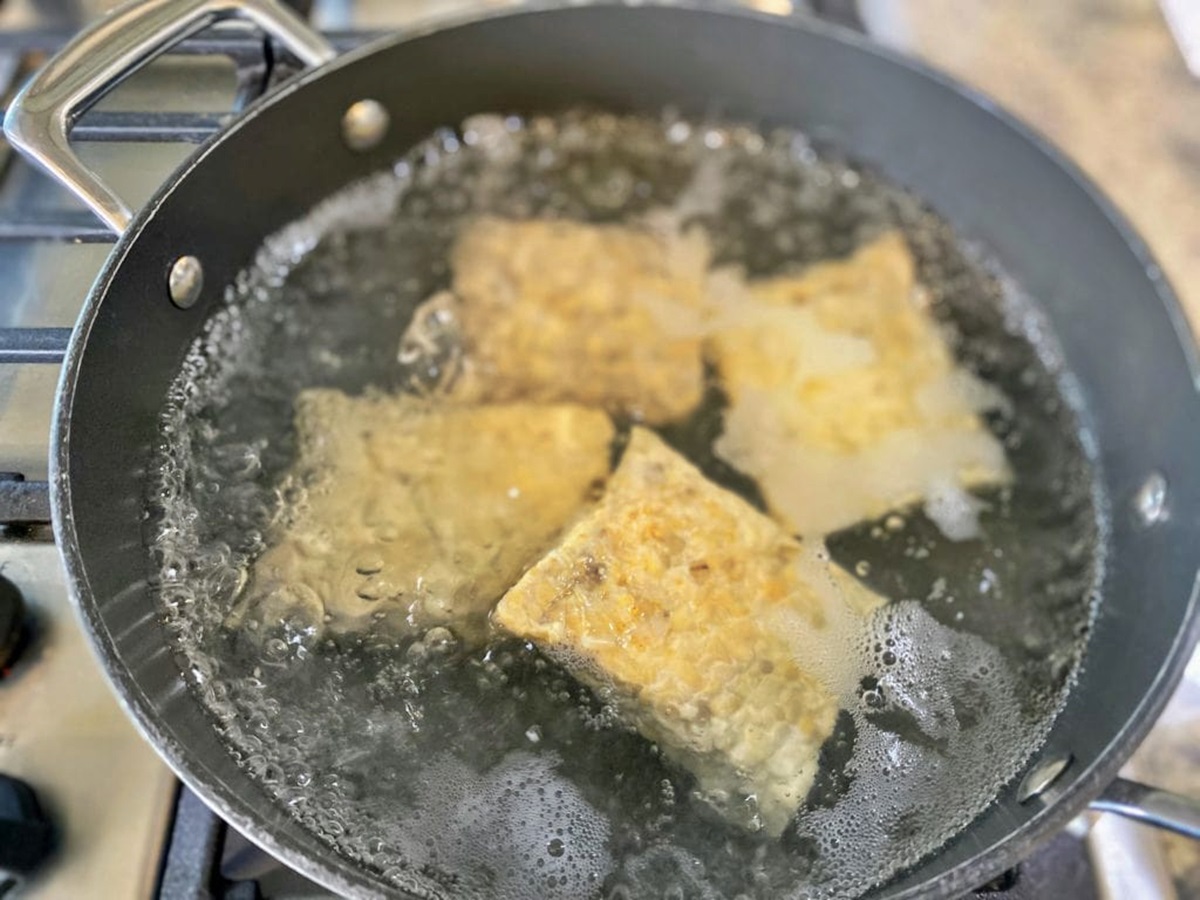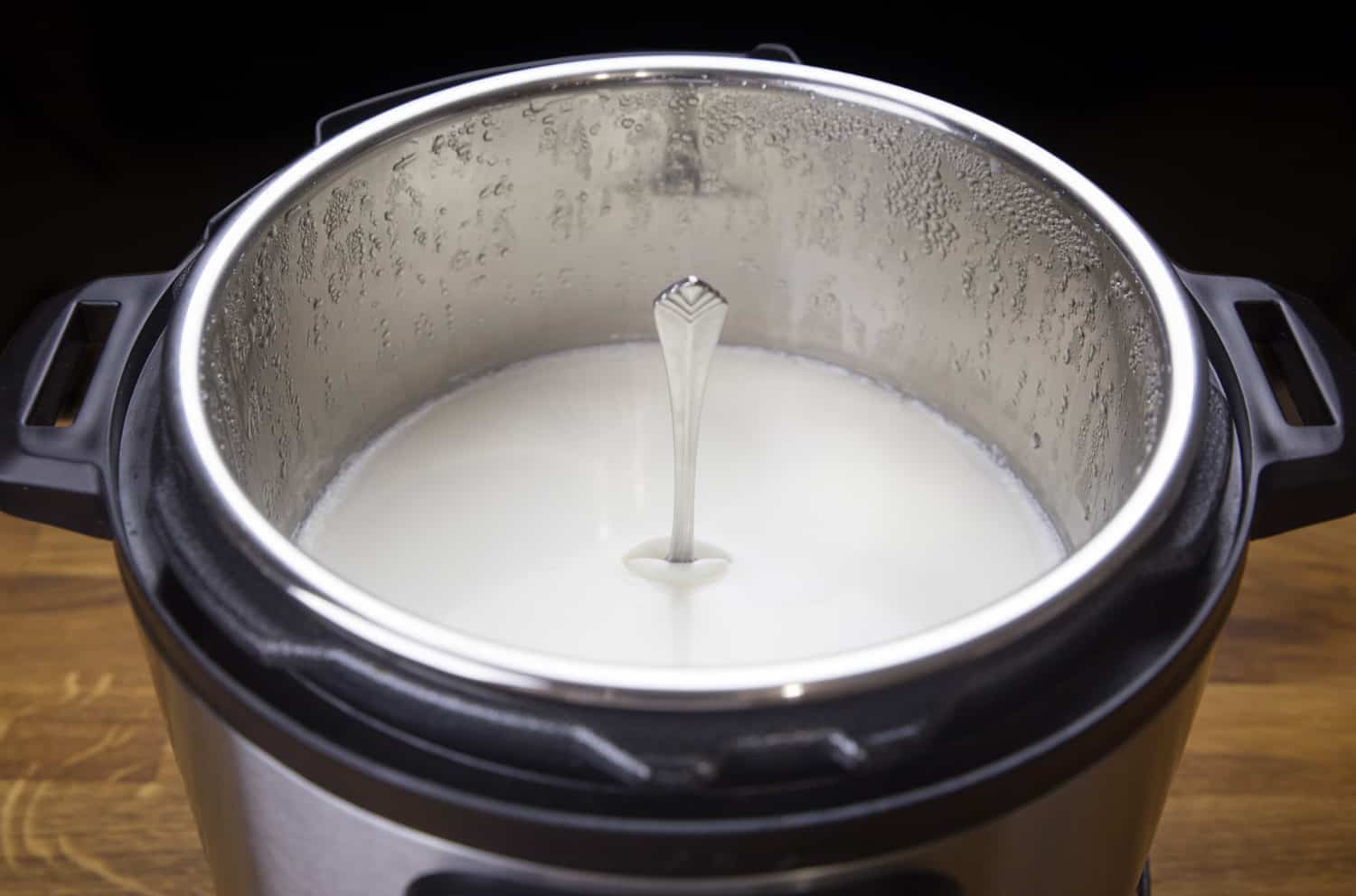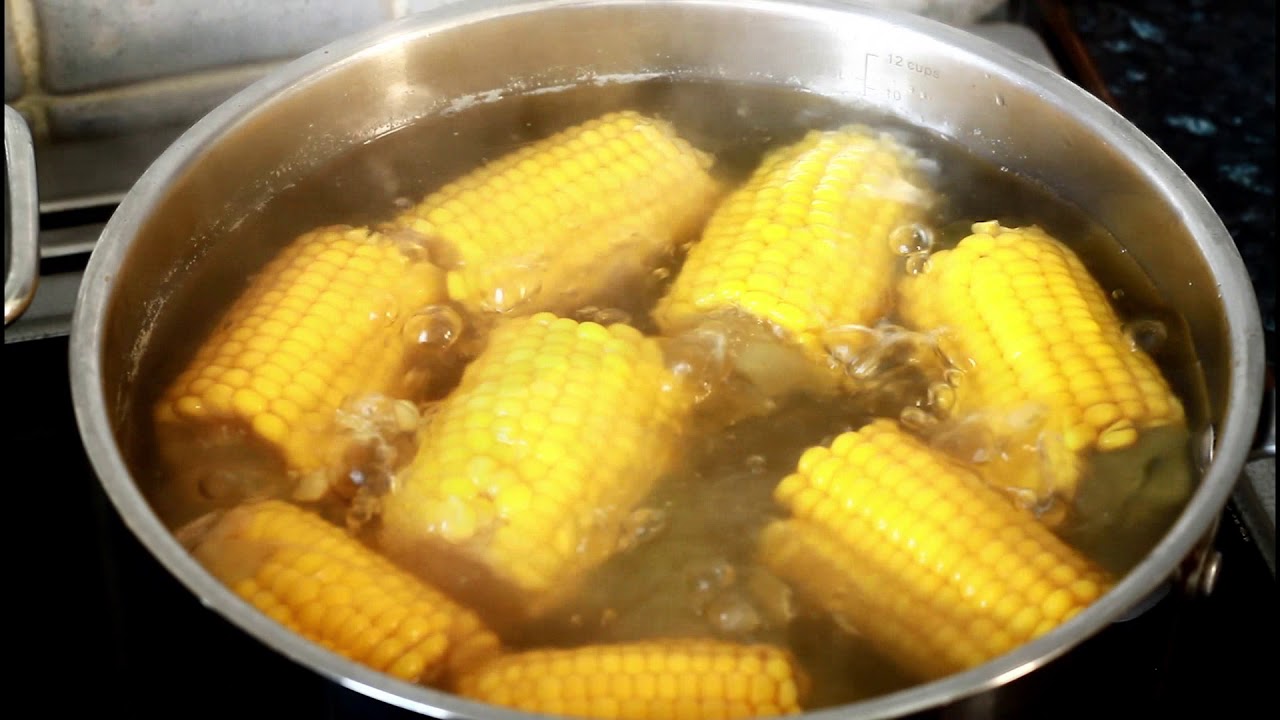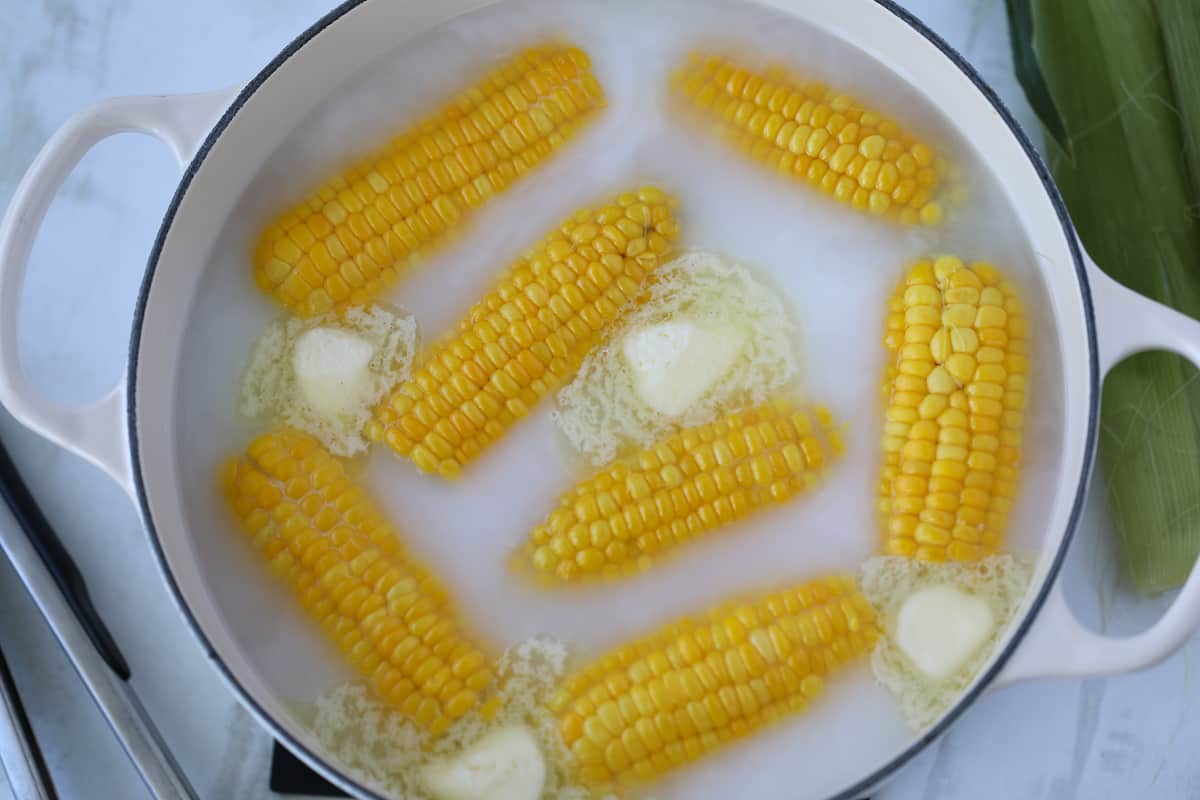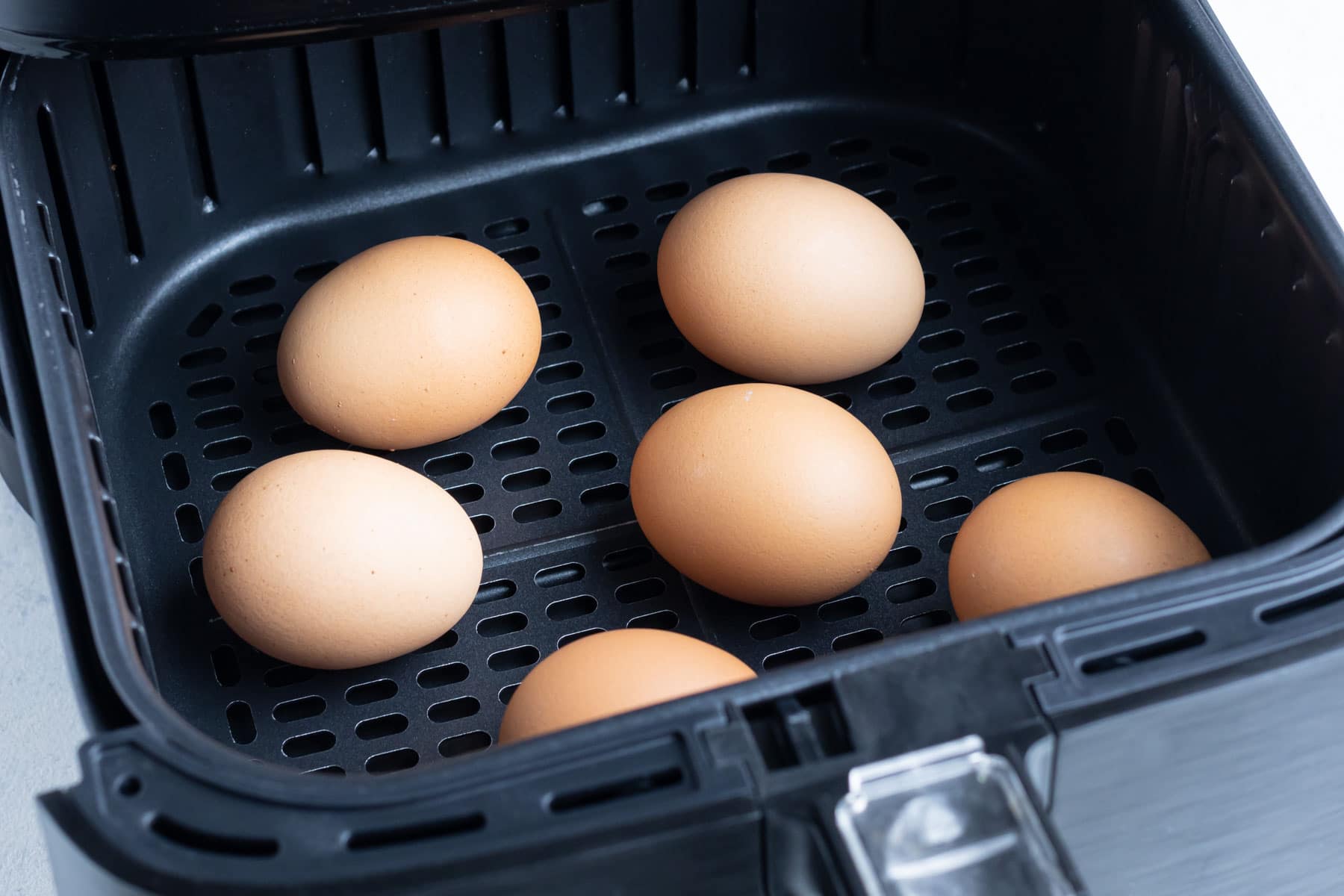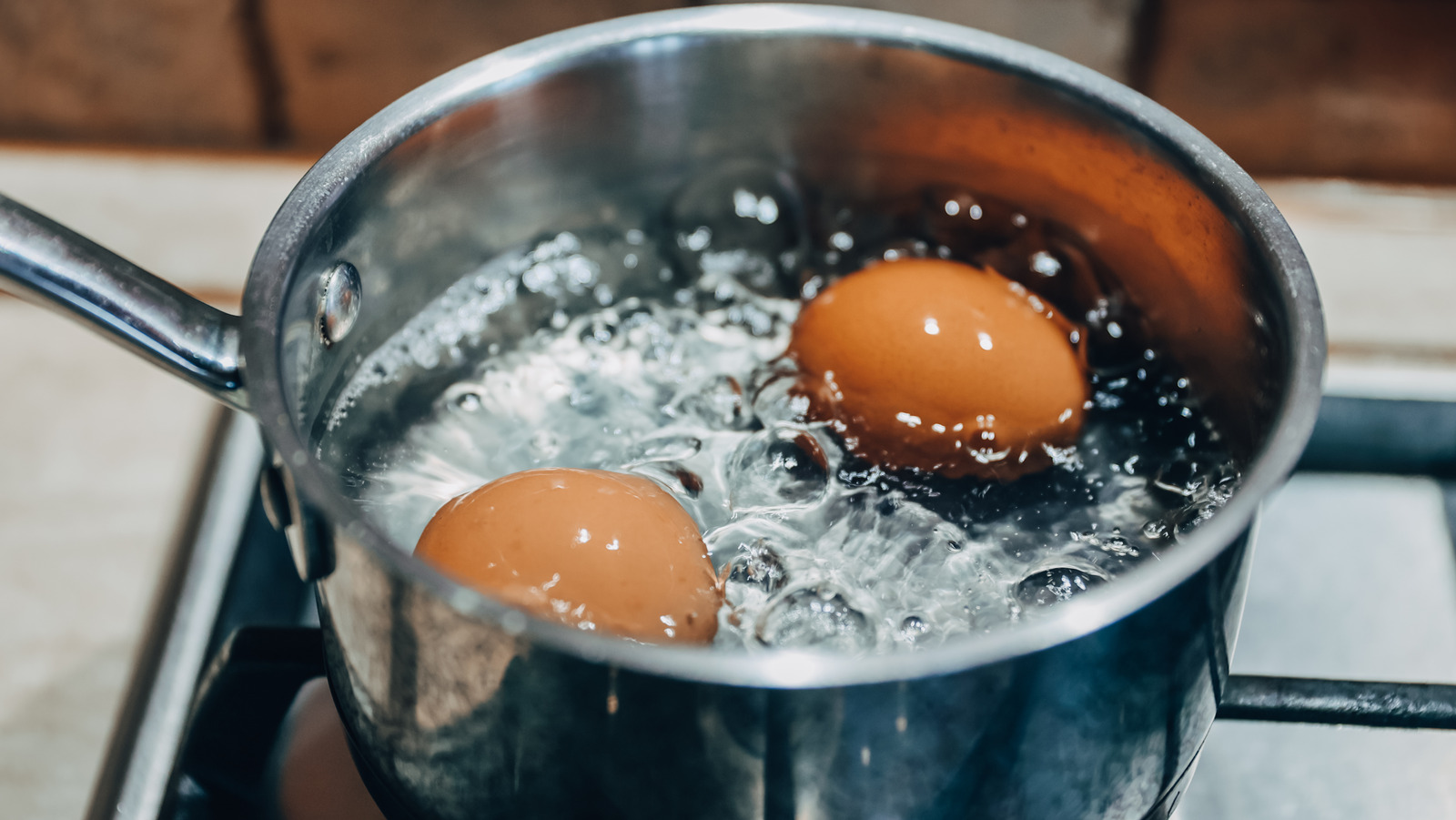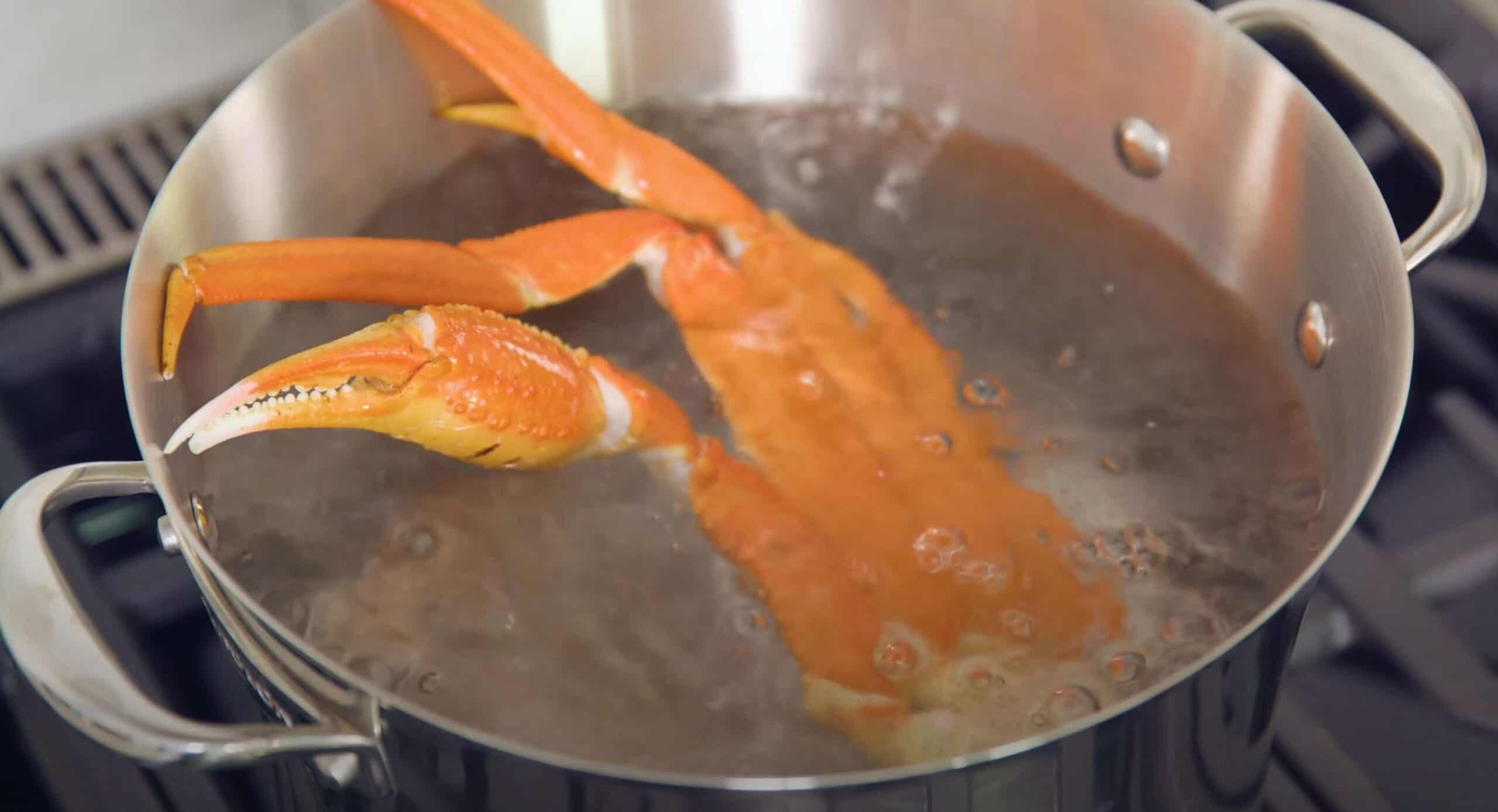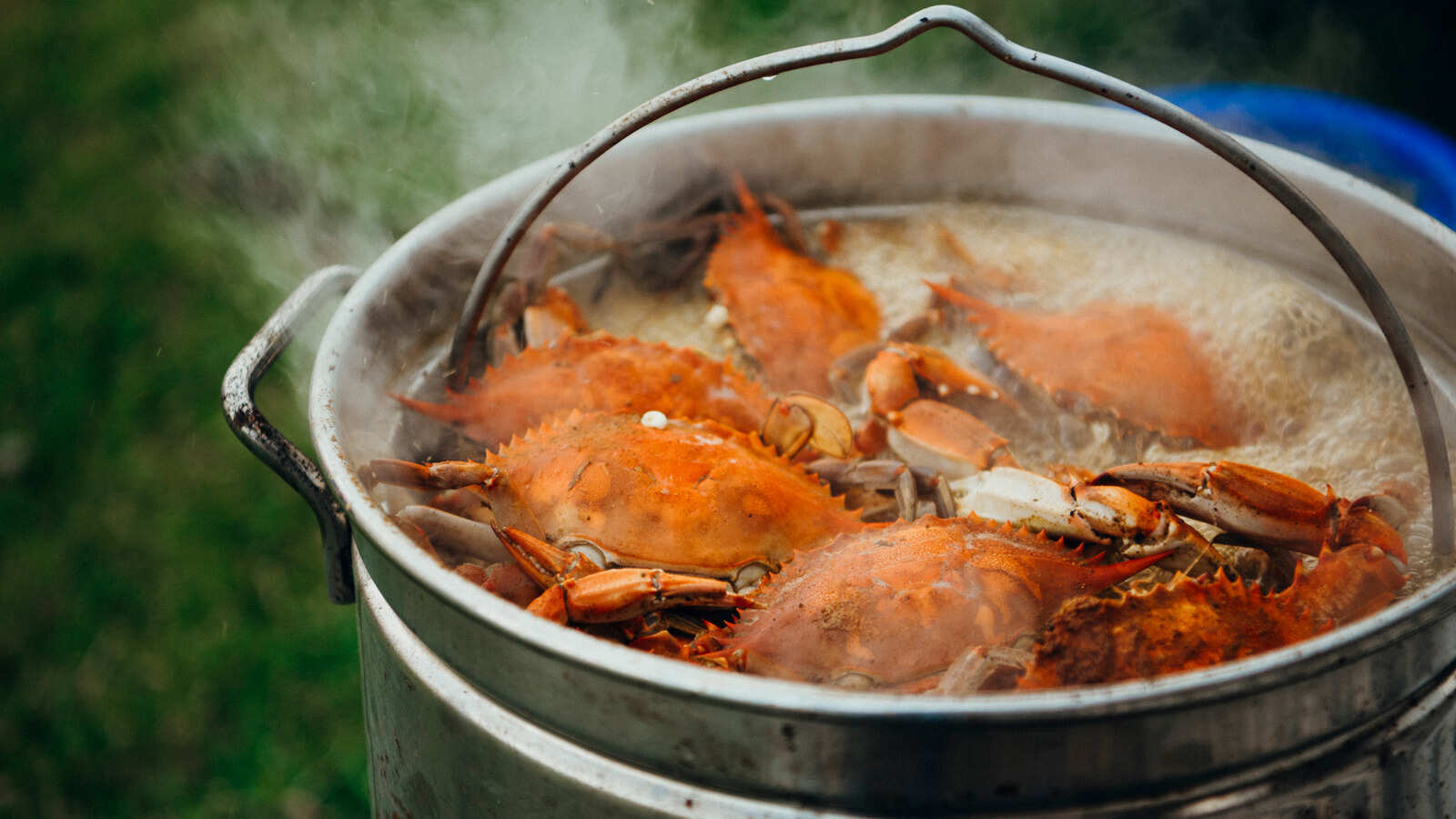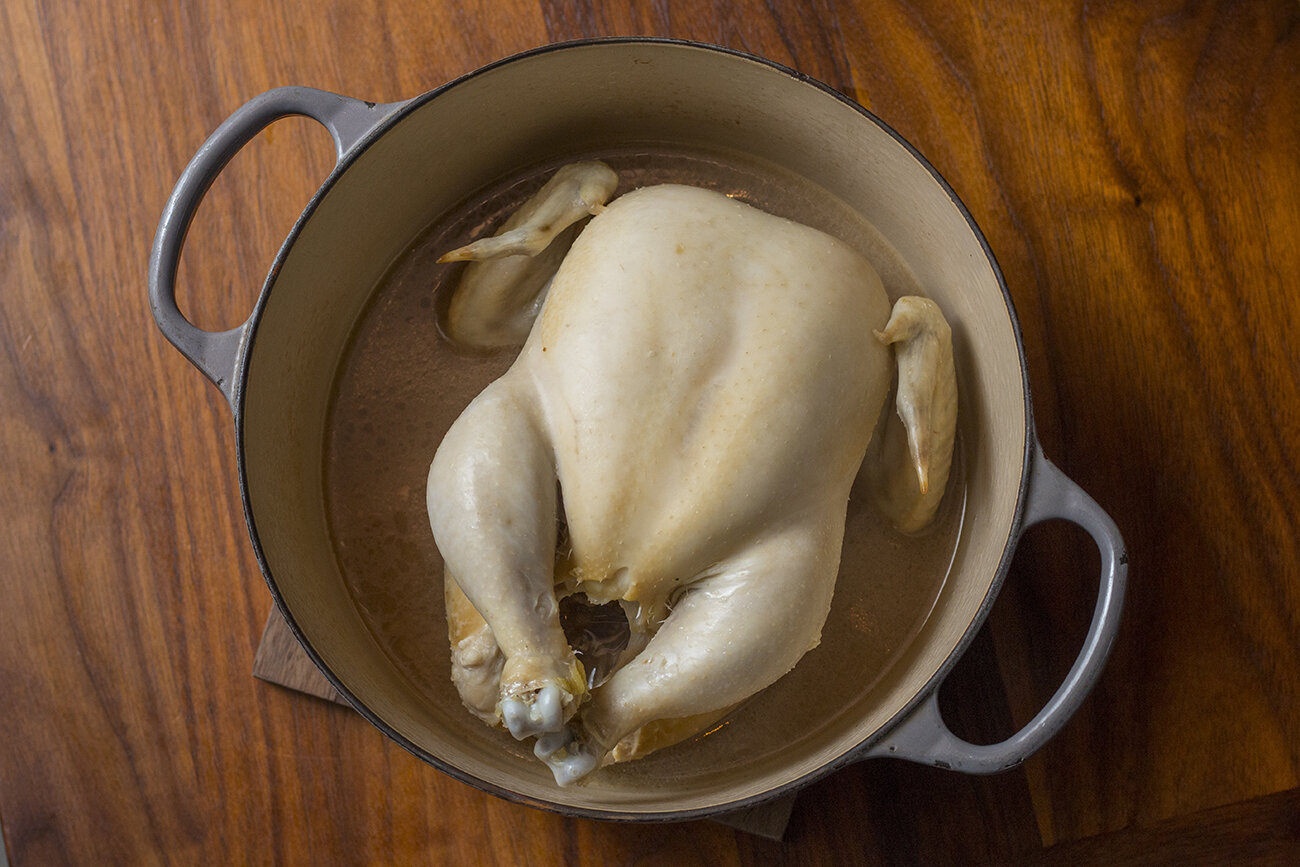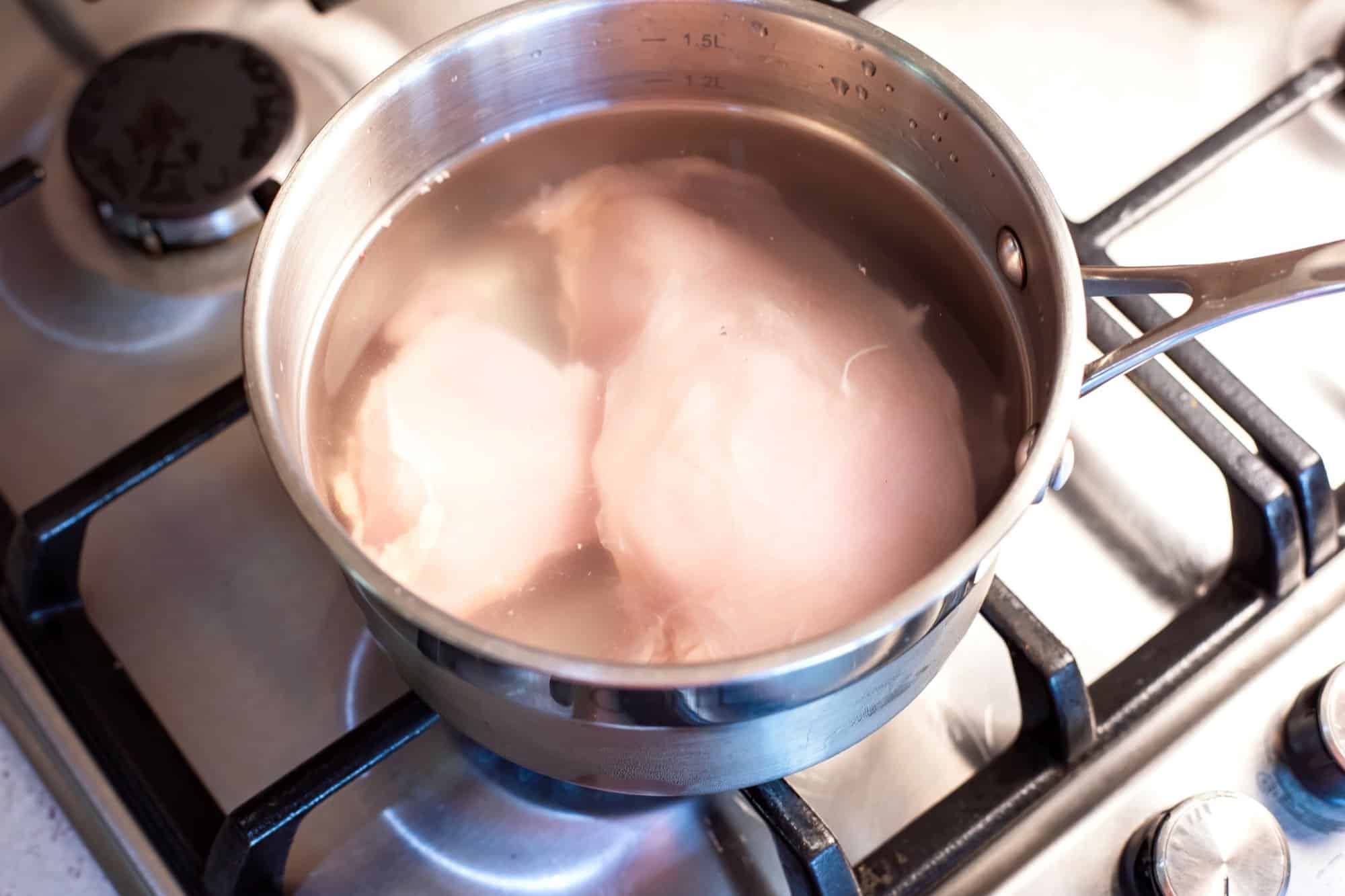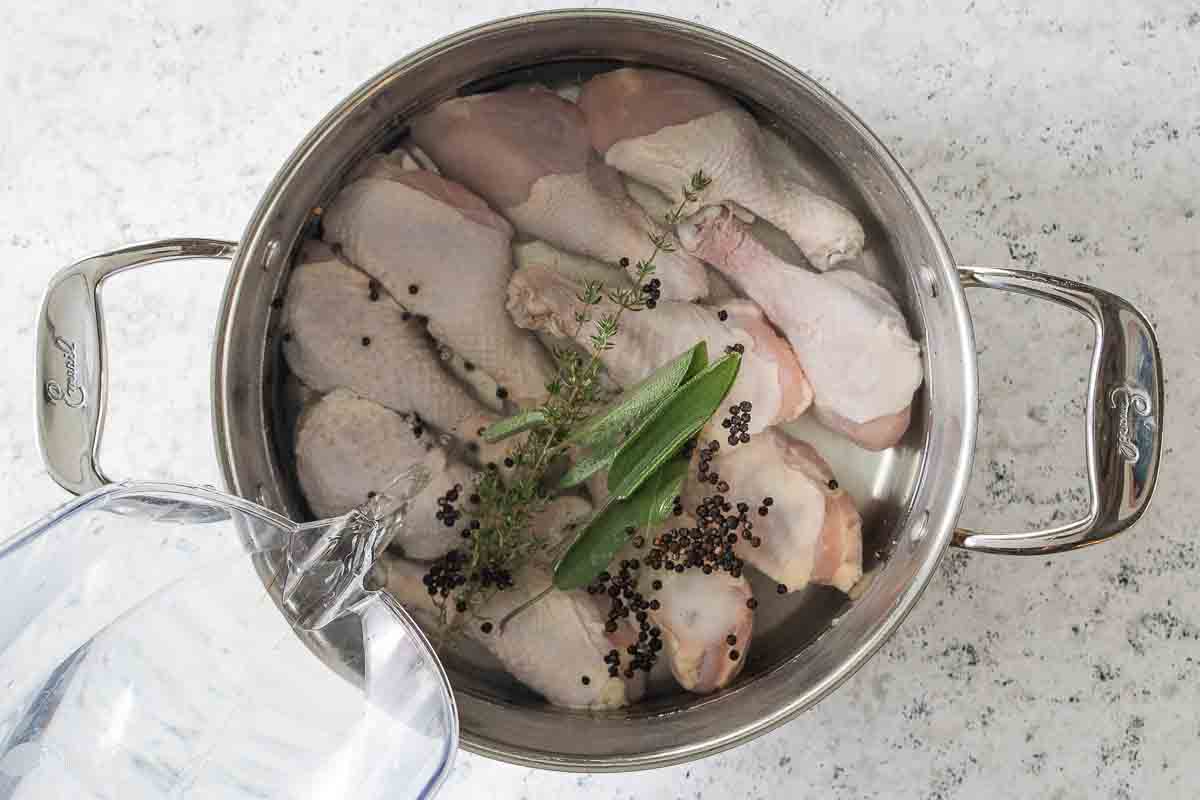How To Boil Spaghetti Noodles
Spaghetti noodles are a staple in many households and a versatile base for a variety of delicious meals. Whether you’re a seasoned cook or just starting out in the kitchen, boiling spaghetti noodles is a skill that everyone should master. In this blog post, we will guide you through the process of boiling perfect al dente spaghetti noodles every time.
1. Choose the right pot
Start by selecting a pot that is large enough to comfortably hold the amount of spaghetti noodles you plan to cook. A tall, deep pot works best as it allows the noodles to move freely while boiling. Fill the pot with enough water to completely submerge the noodles.
2. Add salt to the water
Just like cooking pasta, adding salt to the water is essential when boiling spaghetti noodles. This not only adds flavor to the noodles but also helps to season them from within. For every pound of spaghetti noodles, add about a tablespoon of salt to the boiling water.
3. Bring the water to a rolling boil
Place the pot of water on the stove and turn the heat to high. Keep an eye on the pot as the water begins to heat up. Once it reaches a rolling boil, you’re ready to add the spaghetti noodles. A rolling boil means that the water is bubbling vigorously and constantly.
4. Add the spaghetti noodles
Gently add the spaghetti noodles to the boiling water, being careful not to splash yourself. Stir the noodles immediately after adding them to prevent them from sticking together. Make sure the water continues boiling while the noodles cook.
5. Stir occasionally
While the spaghetti noodles are cooking, occasional stirring is necessary to ensure that they cook evenly and don’t clump together. Use a long fork or spaghetti spoon to gently stir the noodles every few minutes.
6. Test for doneness
Follow the cooking time instructions on the packaging of your spaghetti noodles as a general guideline. However, the best way to determine if they’re done is to taste a noodle. The noodles should be firm but not hard in the center – this is known as al dente. Keep testing the noodles every minute or so to avoid overcooking.
7. Drain and rinse
Once the spaghetti noodles are cooked to perfection, it’s time to drain them. Use a colander or strainer to carefully pour the noodles into it, allowing the hot water to completely drain away. Rinse the noodles with cold water to stop the cooking process and prevent sticking.
8. Serve and enjoy
Now that your spaghetti noodles are perfectly cooked, they are ready to be enjoyed. Serve them with your favorite sauce, herbs, and perhaps a sprinkle of grated Parmesan cheese for added flavor. Remember, the possibilities are endless when it comes to creating delicious spaghetti noodle dishes.
So, the next time you find yourself craving a comforting bowl of spaghetti, follow these simple steps to boil the perfect spaghetti noodles every time. With a little practice, you’ll soon become a master at creating mouthwatering pasta dishes that will impress your family and friends. Bon appétit!
More Delicious Spaghetti Recipes to Try
Now that you've mastered boiling spaghetti noodles, it's time to put that skill to the test with a variety of delicious recipes. From the hearty classic spaghetti bolognese recipe to the creamy spaghetti chicken alfredo recipe, there’s a dish for every palate. We recommend trying the spaghetti carbonara recipe for a quick yet indulgent meal, or the vegan spaghetti bolognese recipe for a plant-based alternative that doesn't skimp on flavor. Each recipe utilizes the basic technique of boiling spaghetti, allowing you to focus on enhancing flavors and mastering sauces.
Was this page helpful?
Read Next: How To Boil Potatoes For Potato Salad
